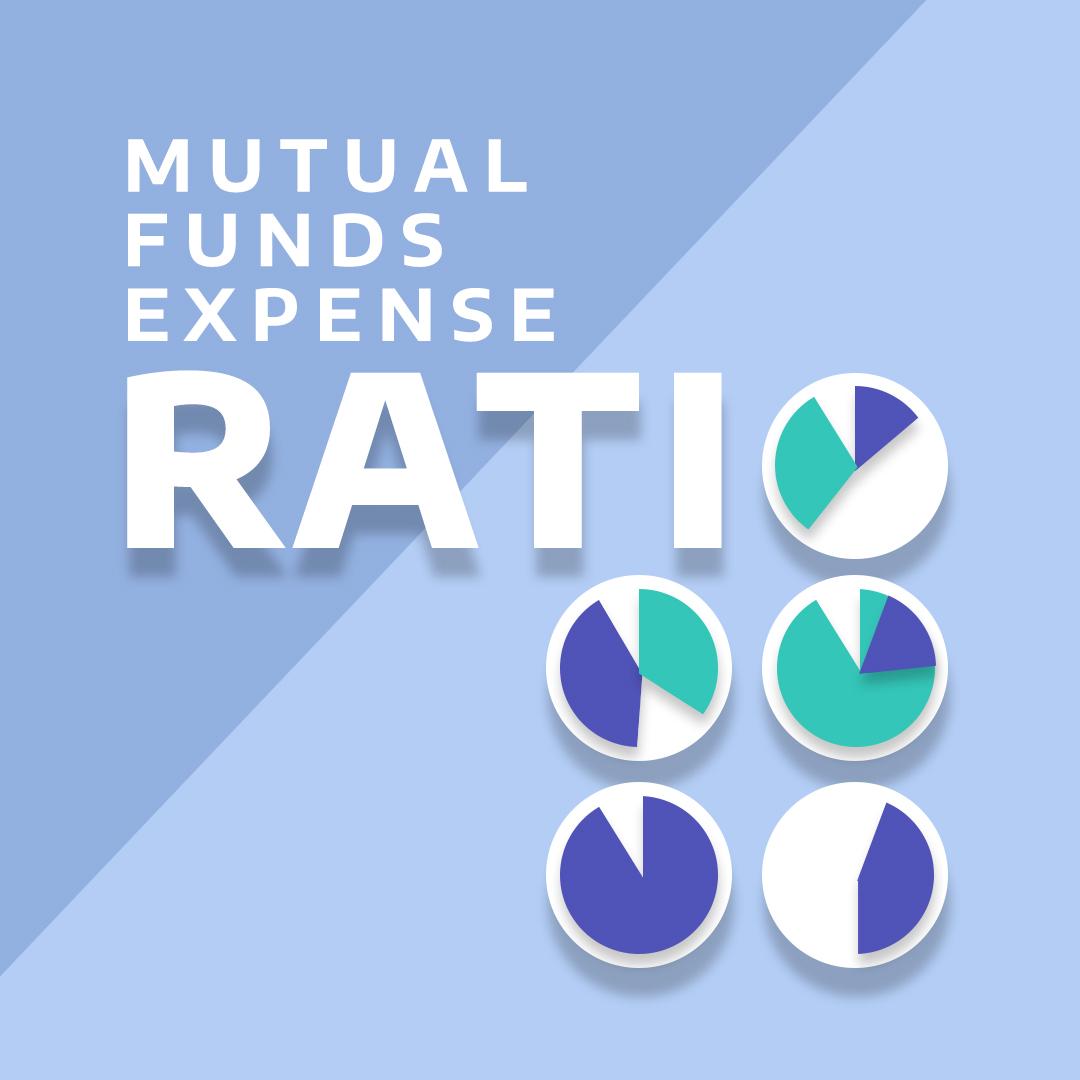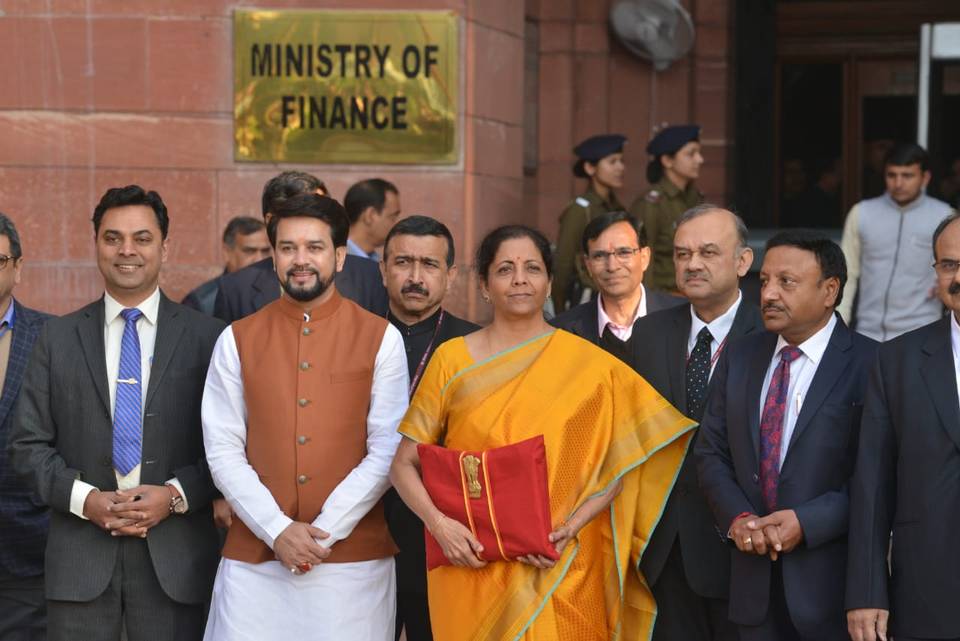Things to do before 31st March 2022
There are lot of plans already in the making as covid related restrictions are getting relaxed, be it travel, meetups, live sessions, IPL etc, but there are some to-dos that need to be checked before we end the current financial year. Here is a quick...











